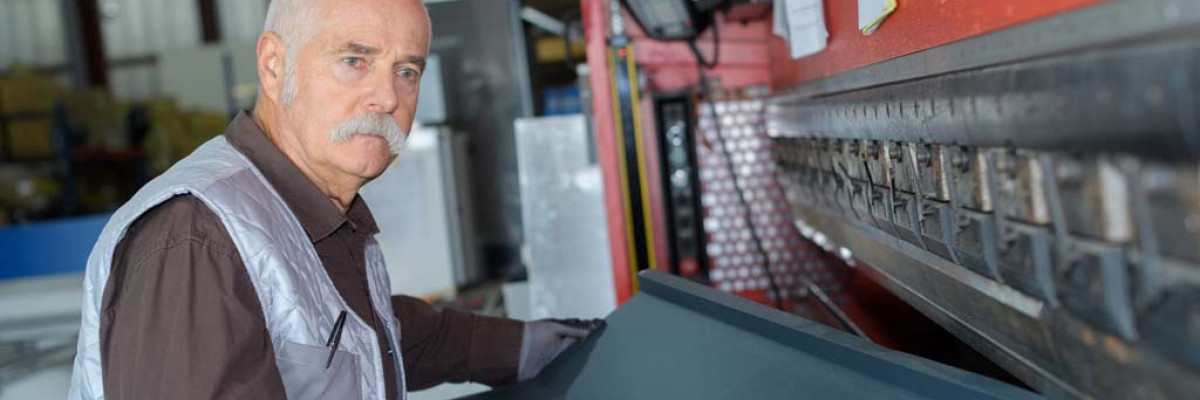THE ISSUE OF PENSION and retirement security has been an especially hot topic during the COVID-19 pandemic as the House and Senate work on relief packages to ease financial stress for the mass unemployed and for strapped businesses. While the following information is correct as of the Reporter print date, further action by the House and Senate may occur over the course of the next several months.
Rehabilitation for Multiemployer Pensions Act
The multiemployer pension system has for many decades been an essential foundation for providing financial security comfortability in retirement for millions of Americans and their families. However, of the 1,400 plans currently covering 10 million workers and retirees, approximately 130 plans are now in a “critical and declining” status—projected to run out of money within the next 10-20 years. Many of these plans have funding problems resulting from the financial crises of 2000-2002 and 2008, deregulation of certain industries and the offshore flight of U.S.-based companies.
Through no fault of their own, the earned pension benefits of millions of retirees are being threatened due to these impending insolvencies. To make matters worse, the government agency that insures a portion of these pensions, the Pension Benefit Guaranty Corporation (PBGC), is likely to simultaneously become insolvent as well if a small portion of these “critical and declining” pension plans fail.
In 2019, the U.S. House passed the Rehabilitation for Multiemployer Pensions Act—H.R. 397—which addressed these threats. The act, informally known as the Butch-Lewis Act, seeks to provide long-term, low-interest loans to help shore up pension funds and allow beneficiaries to continue to receive their benefits without cuts. The bill creates a Pension Rehabilitation Administration within the Department of Treasury to administer qualified underfunded plans and allow those plans 30 years to regain healthy status to repay the loan. The U.S. Senate has yet to vote on this bill.
The U.S. House also passed the HEROES Act in May, 2020 in further response to the COVID-19 pandemic. The bill included a provision, the Emergency Pension Plan Relief Act of 2020 (EPPRA), that offers temporary relief for multiemployer plans to help them weather the financial swings many are experiencing presently and assistance for deeply distressed plans. This provision has wide support among labor unions.
New Plan Designs
Unfortunately, the HEROES Act also included a new pension plan design, the Give Retirement Options to Workers (GROW) Act. Originally introduced in in the U.S. House in March 2018, this new pension plan is designed to offer an “innovative” alternative to traditional multiemployer, defined benefit plans. However, these new “composite” pension plan designs will instead add more risk to our current pension system.
The Boilermakers, along with twelve other labor unions, AARP and the Pension Rights Center have consistently opposed the GROW Act and continue to do so. Composite pension plan designs are set up in such a way that they are vulnerable to market volatility. Further, these composite pension plans make it easier for employers to withdraw from multiemployer pension plans altogether with no liability and have no PBGC insurance backstop, leaving pension participants to twist in the wind.
Key Boilermakers Messages to Senators and Representatives:
- Advocate for Senate members to include the Emergency Pension Plan Relief Act of 2020 in any future pandemic relief legislation.
- Encourage both House and Senate members to oppose the inclusion of “composite” pension plan designs in any future legislation, whether related to pandemic relief or otherwise.
